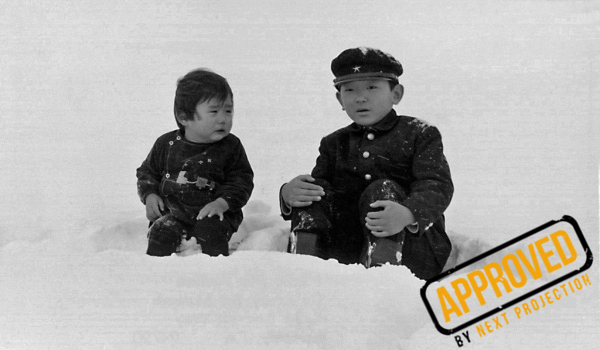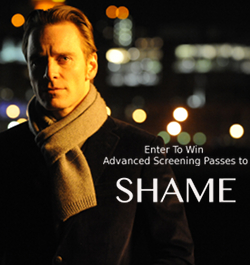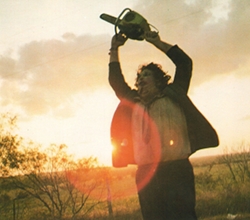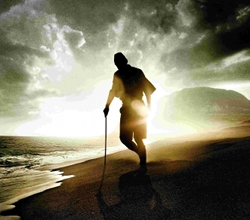Review: Shonen (1969)
The Japanese flag flutters in impotent silence against the backdrop of Technicolor urban landscapes, like a ubiquitous eye casting a mournful glance at the decline of innocence and the loss of national identity in post-war Japan. Creeping westernization has destroyed a generation of people as they drift in a disillusioned state of malaise, materialism, and automobiles. These are not images and themes that are foreign to Oshima’s oeuvre as he himself is drifting through existence trying to sort out a meaning or greater purpose for the suffering and alienated state of the people in his country. These are a defeated people with no sense of national identity in the cultural vacuum of post-war Japan. Oshima has again borrowed from the true stories of this tepid time in Japanese history and has channeled the heartache of his generation that has been betrayed by the myopia of the human condition. Parents are driven to the exploitation of their own children to fulfill their material needs, not because of a flawed morality within themselves, but rather the flawed morality of an entire society.
This is a time of eroding identity and the loss of innocence in a once sheltered and incredibly jingoistic culture. People are losing their basic foundation of morality and empathy and become dangerous Brechtian creatures of flawed priorities and hopeless alienation. Without these basic constructs of humanity, fathers and mothers are willing to exploit their own children and put them in positions of unthinkable danger to fulfill their hollow materialistic desires. They have lost this humanity through the unspeakable atrocities of war and the omnipresent forces of westernization. Their prior isolation and subsequent loss of national innocence has forever scarred their morality, and despite their unwitting attempts to transpose this malaise on to the next generation, decency eventually finds a way to prevail. This decency is fleeting in the ups and downs of a civilization in a rebuilding phase, but this kind of story is as old as humanity itself.
Shonen isn’t necessarily a call for social welfare reforms as atrocities carried out for the sake of materialism is less an indication of unfulfilled survival needs and more of an indication of a country that has lost its moral compass. It is a lamentation of the shifting priorities caused by westernization under the watchful iris of the Japanese flag. It watches quietly, waiting for its people to once again define the parameters of their national identity and find more noble pursuits than cars, hollow materialism, and the plague of urbanization as soulless concrete monoliths shift the landscapes and suffocate its inhabitants. Deep down these people are desperately searching for refuge but their efforts are hampered by the dulling impact of malaise, and the shelter they seek does not yet exist. Blood on the snow succinctly summarizes the philosophies of Oshima’s work as a tragic and mournful substitute for the Japanese flag, expressing a disquietude that drives people to horrific deeds in once prosperous nation that identified itself with a sense of nationalism that has left its people as they desperately seek to redefine the parameters of their own identity. Oshima doesn’t believe that a rational person would fall to such lows as to push their own child in front of a vehicle to exploit money out of unsuspecting victims, but rather rational people flawed by the damaging impacts of irrational times.















 Review: Outrage (2010)
Review: Outrage (2010) Subversive Saturdays: Unglassed Windows Cast a Terrible Reflection
Subversive Saturdays: Unglassed Windows Cast a Terrible Reflection Review: Hugo (2011)
Review: Hugo (2011) Review: The Muppets (2011)
Review: The Muppets (2011) Review: The Muppets (2011)
Review: The Muppets (2011)





